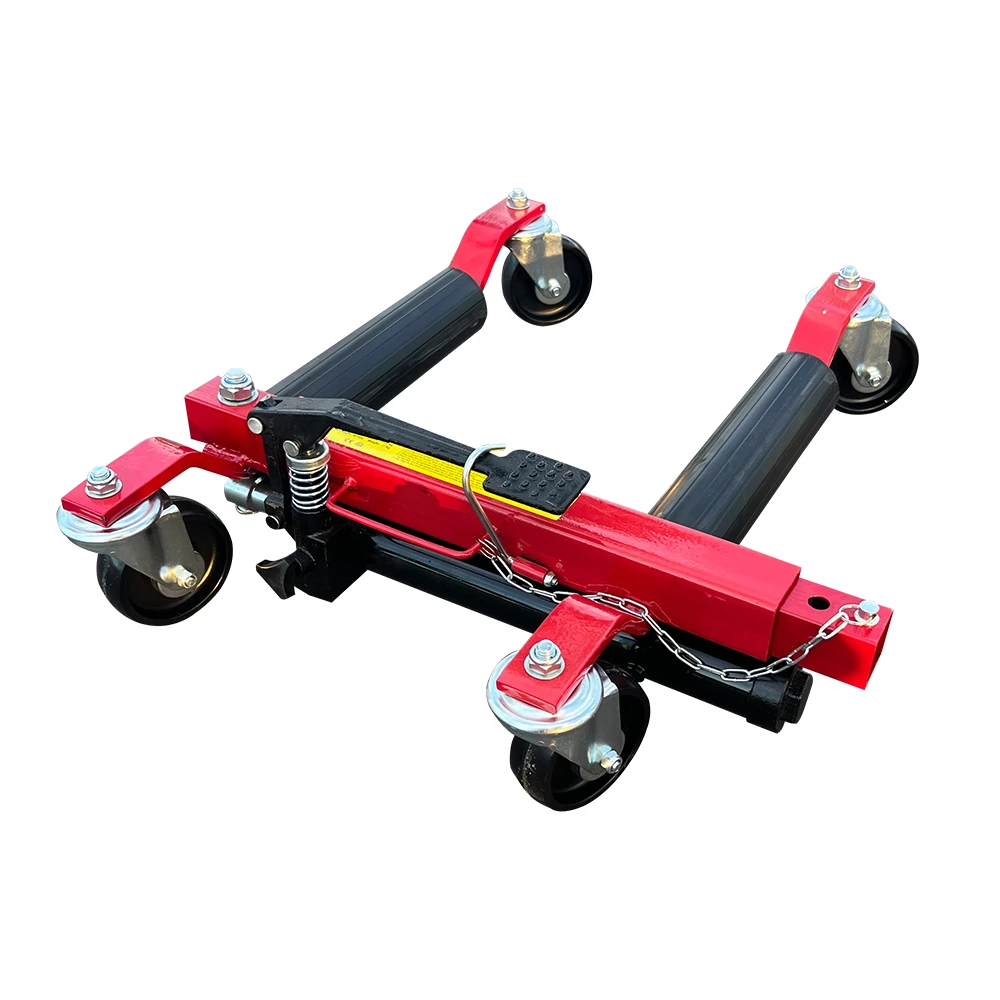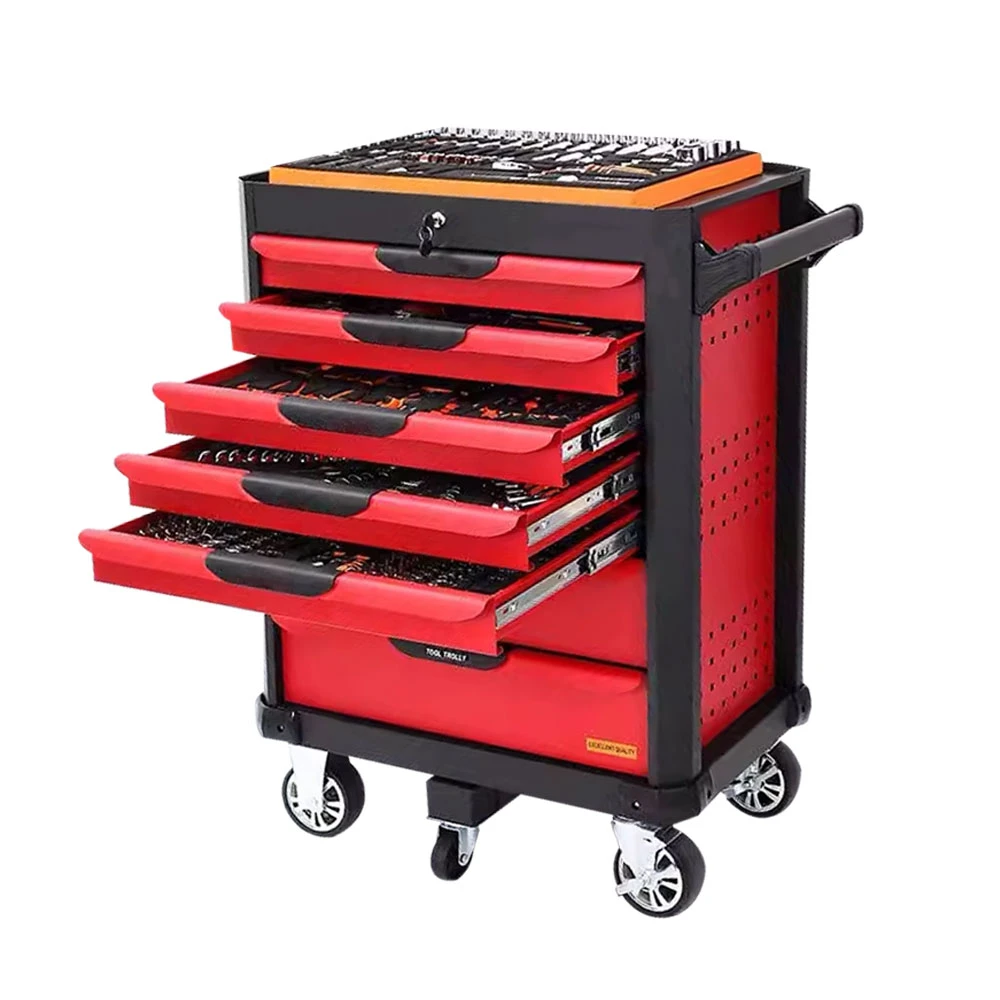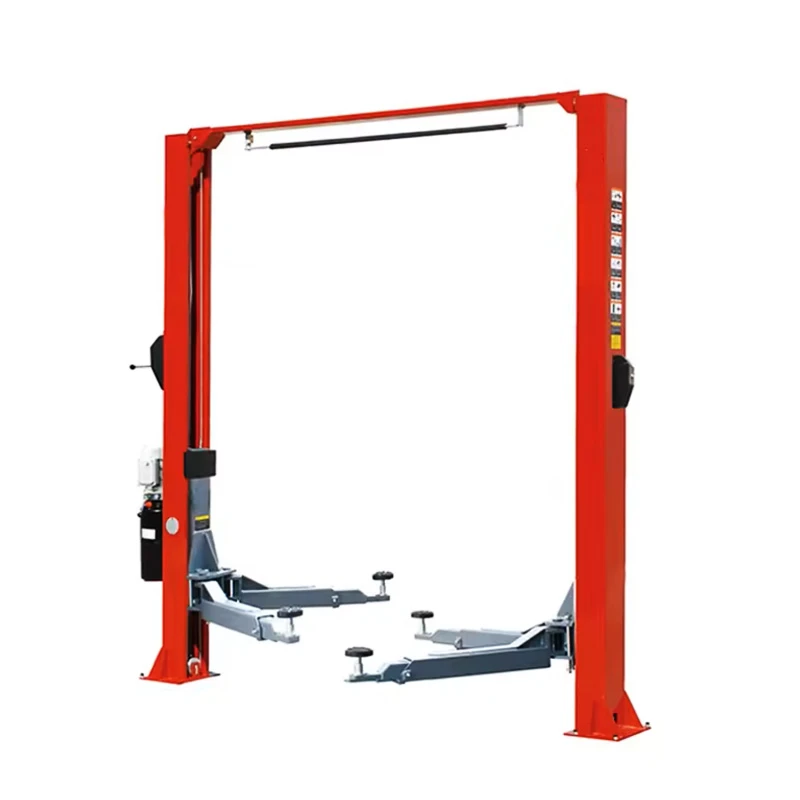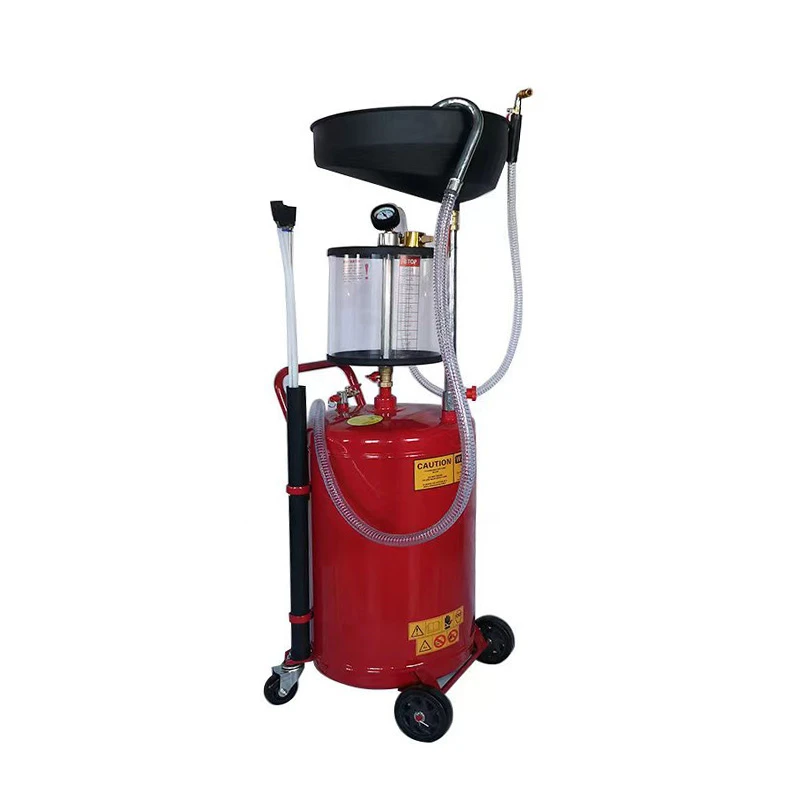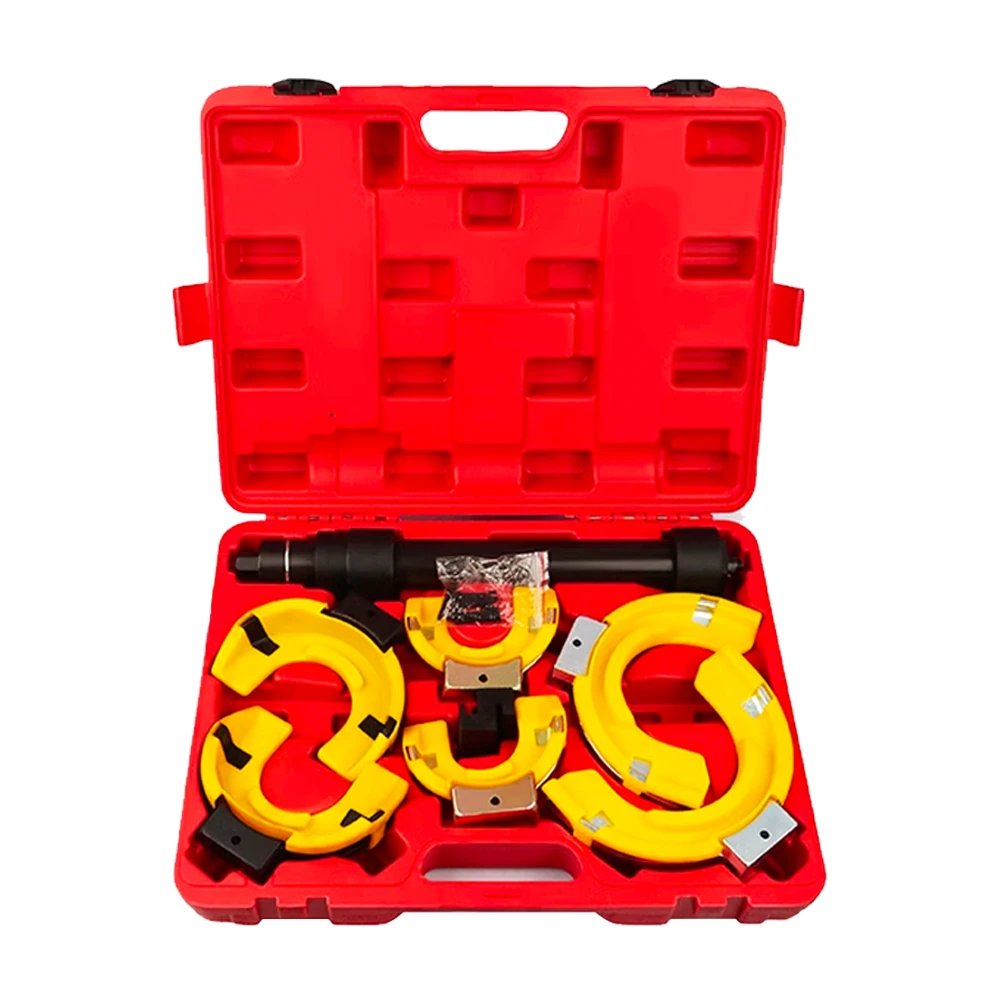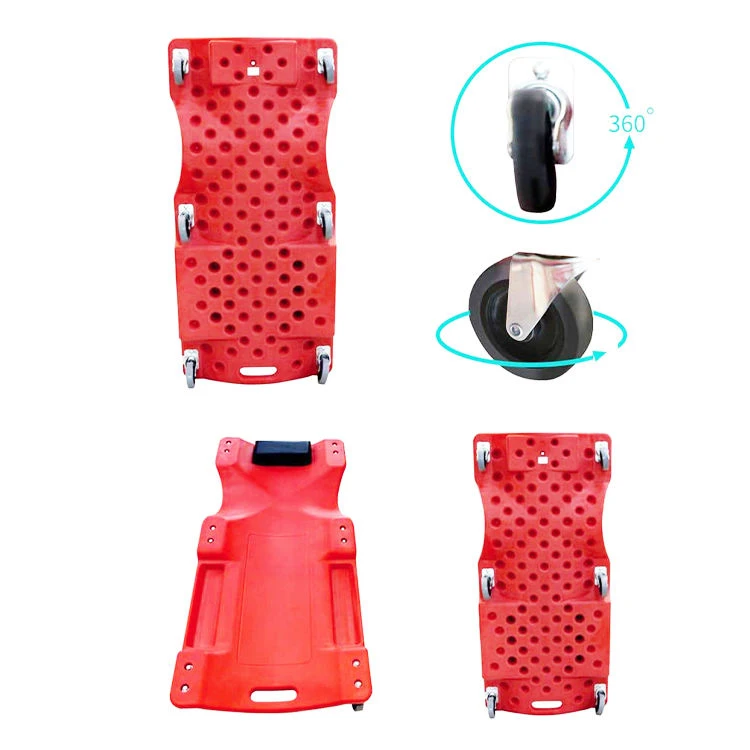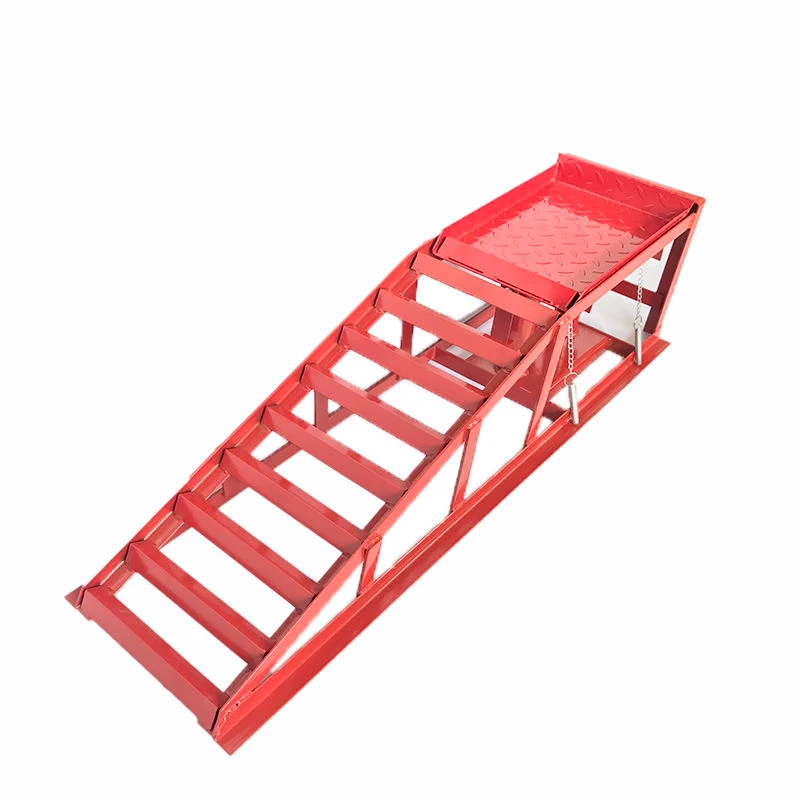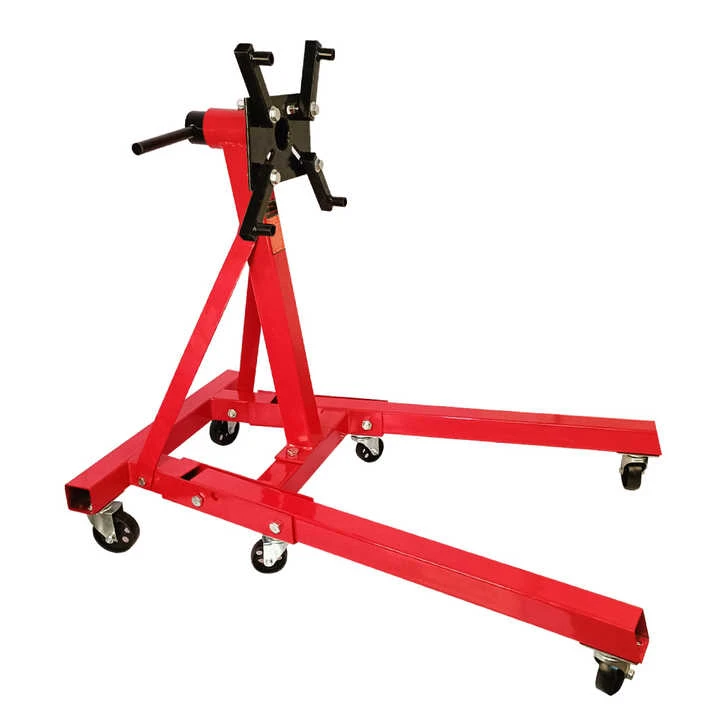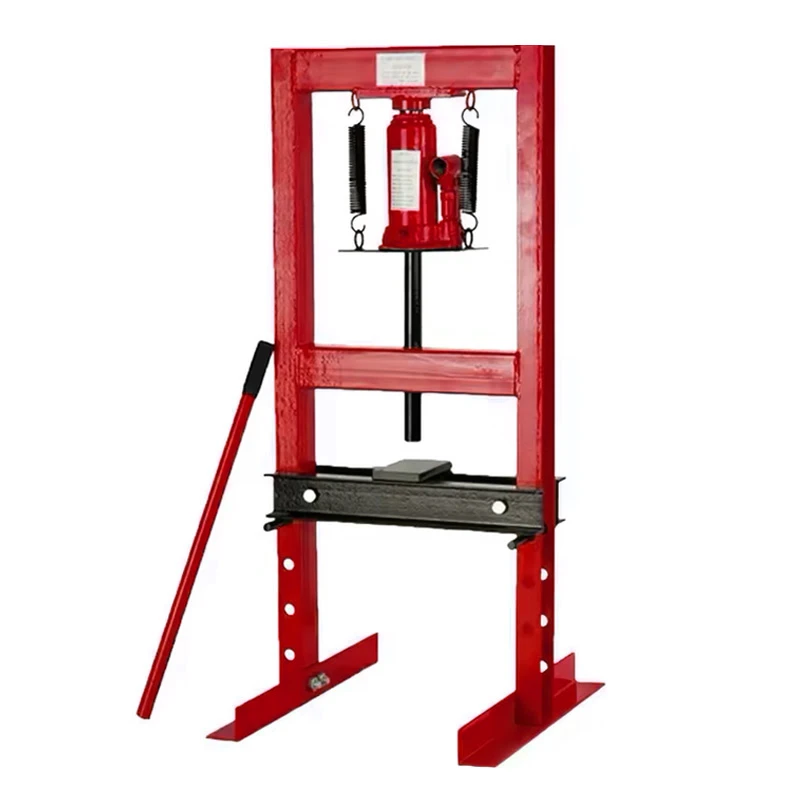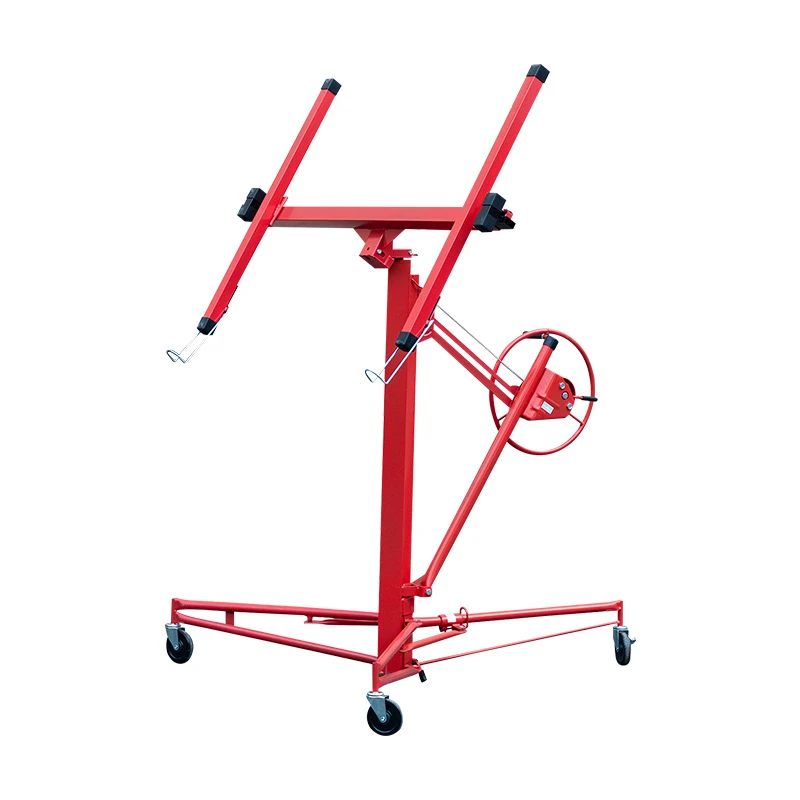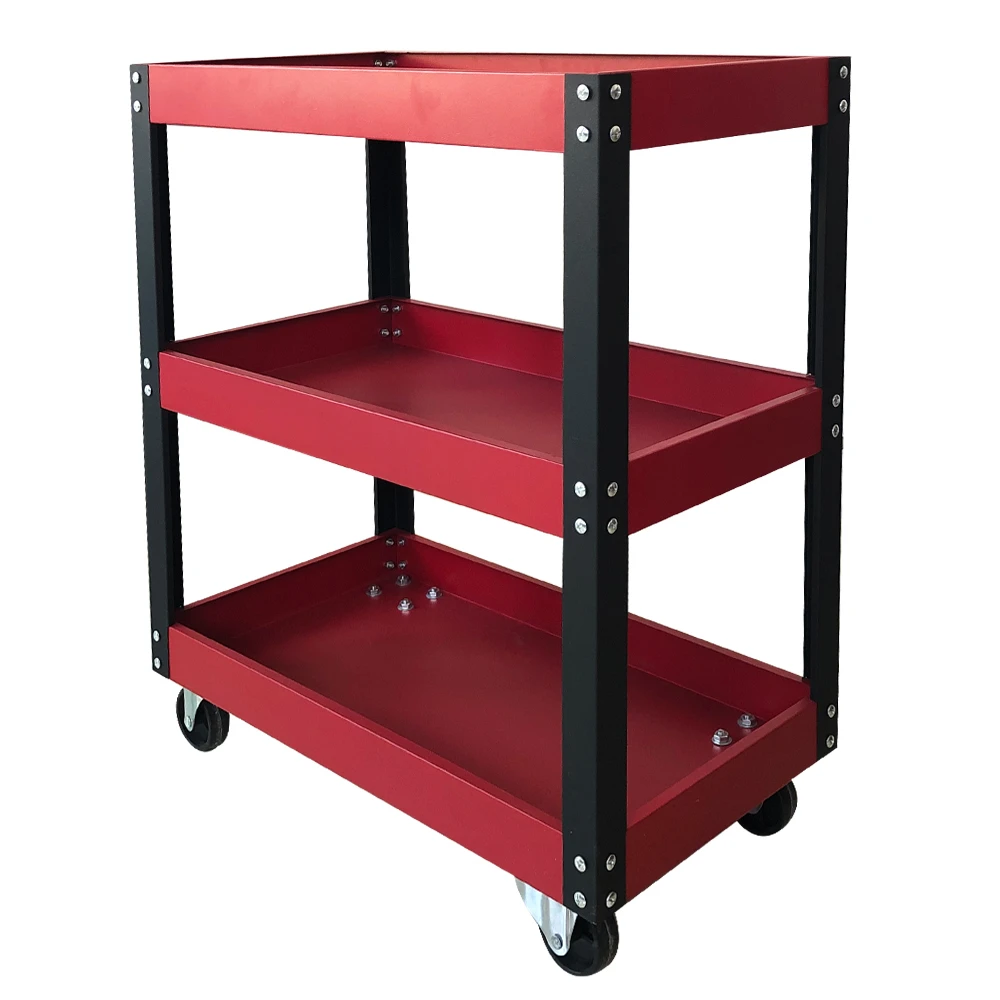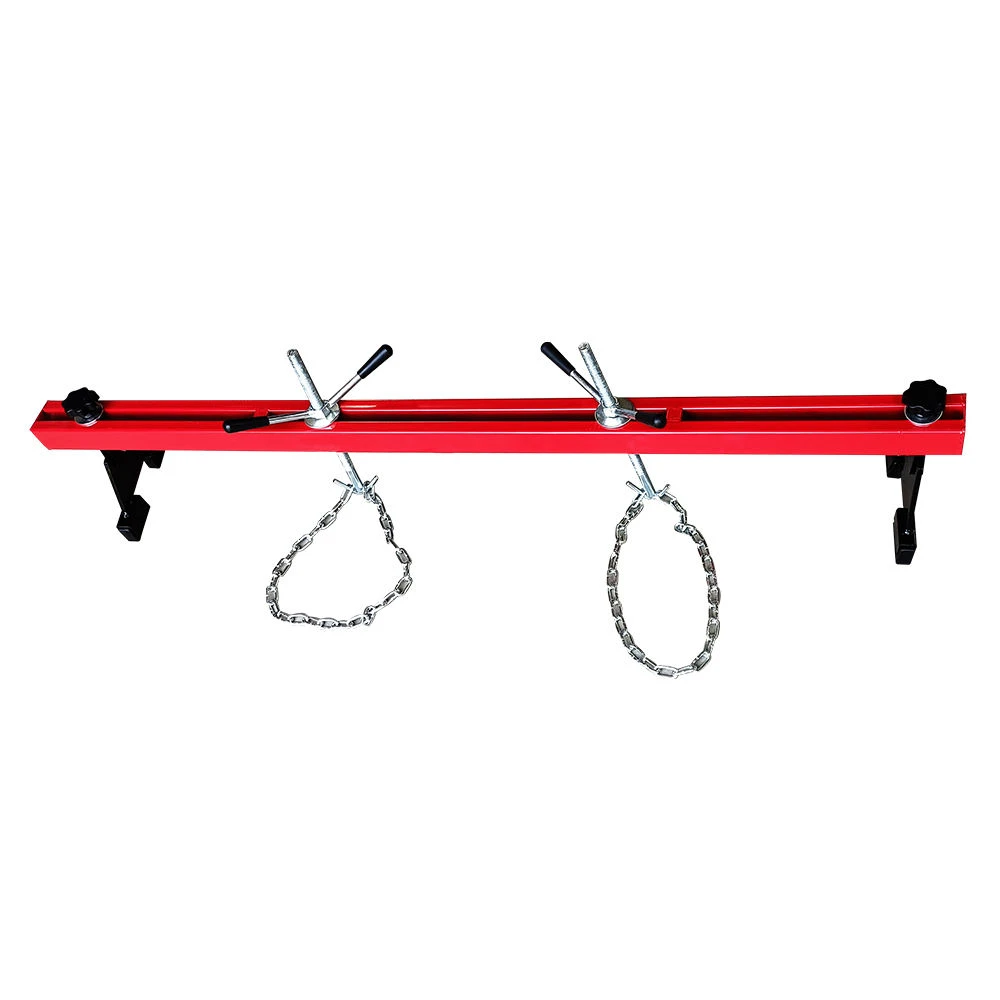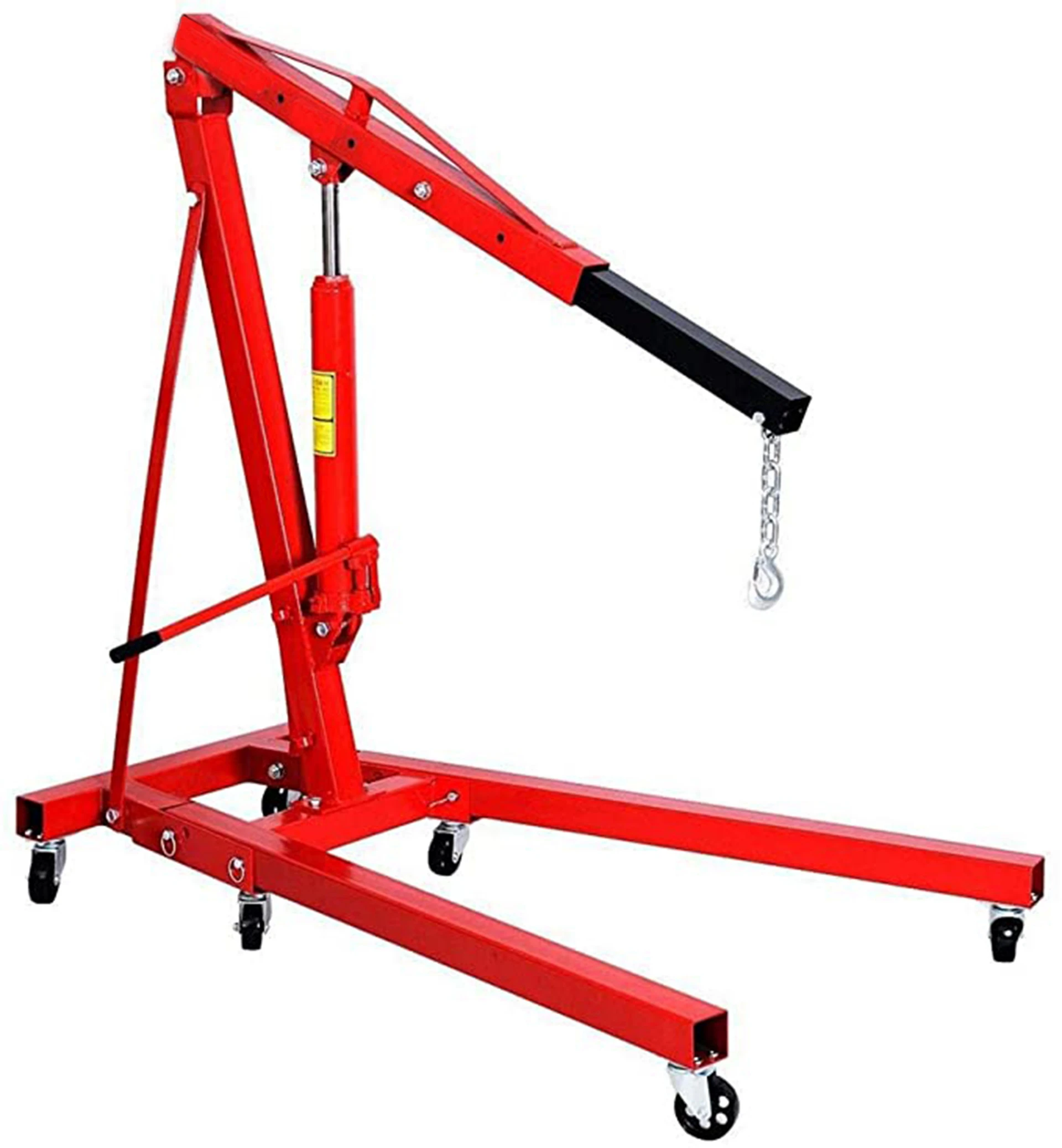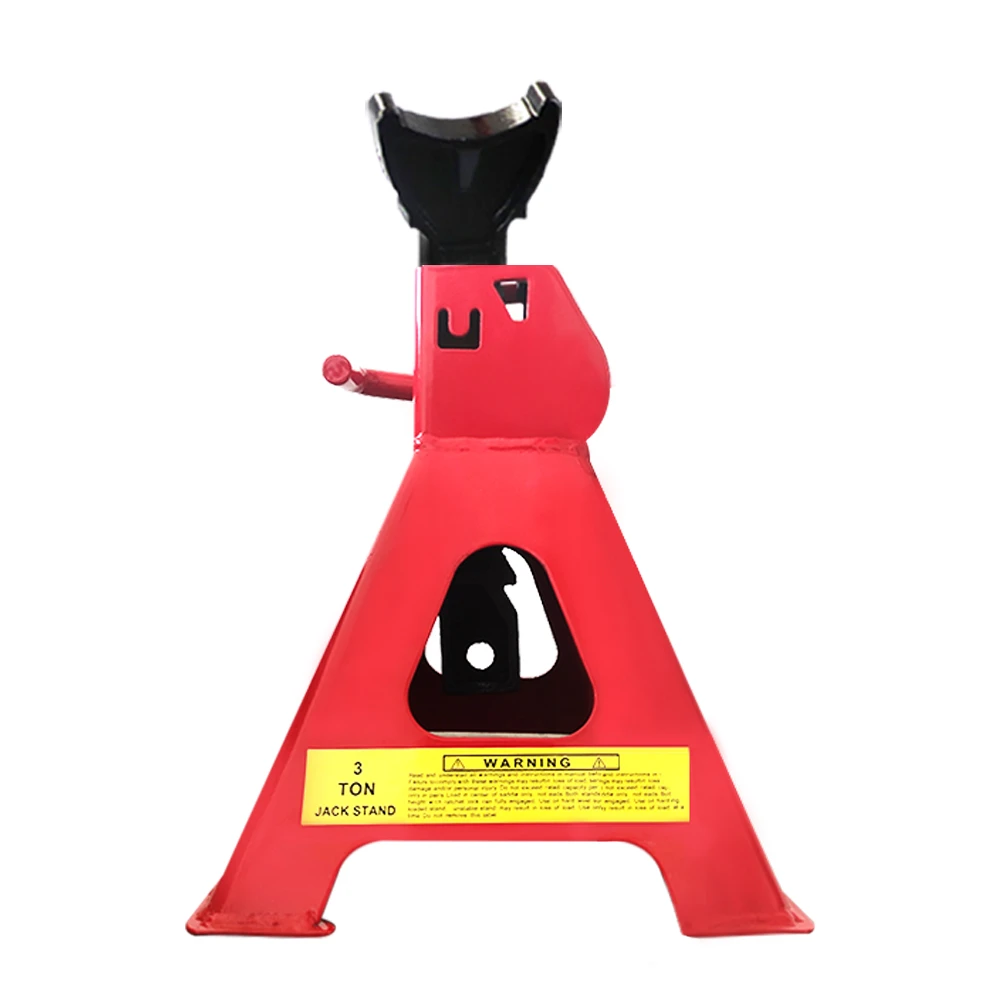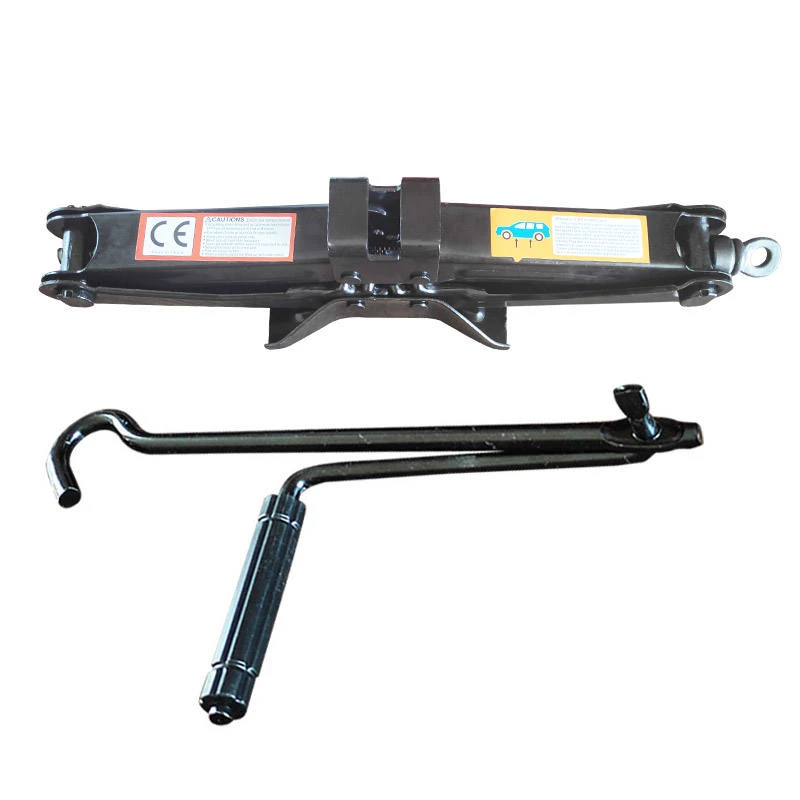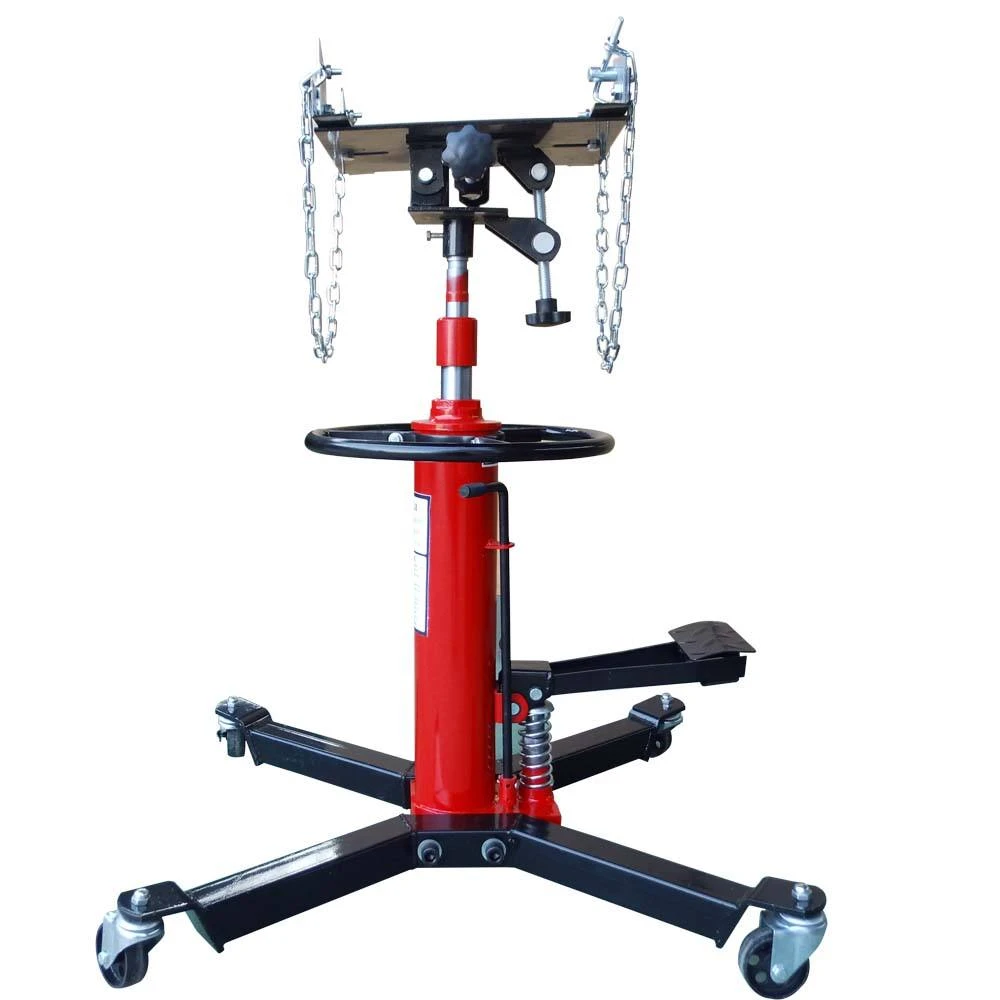Car Jack Vehicle Mover Tow Dolly Universal Moving Tool Wheel Towing Trailer tools automatic car jack

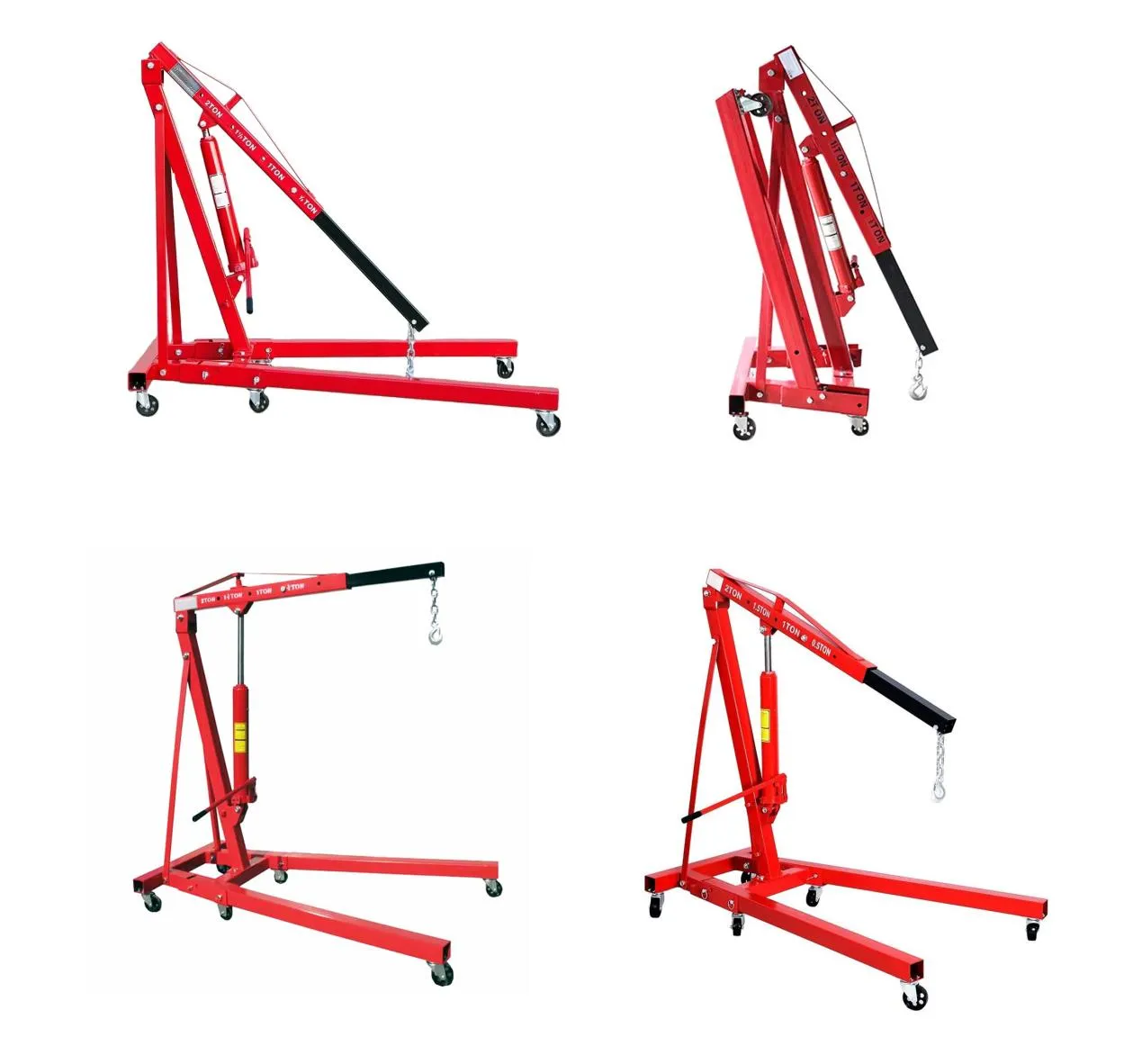
For those working with lifted trucks or vehicles with significant suspension alterations, farm jacks (also known as high-lift jacks) are invaluable. Offering considerable versatility, these jacks can lift vehicles much higher than standard jacks, making them popular in agricultural and off-road settings. However, their use requires expertise as they can be unwieldy and pose a safety risk if not handled correctly. Ensuring the jack engages directly with a strong, stable point on the vehicle is vital for optimal performance and safety. Electric jacks marry convenience with functionality, as they can be plugged into a car's power outlet, offering automatic lifting with minimal effort. Frequently found in self-service tire-changing stations, they provide a user-friendly experience. However, their dependency on external power makes them less versatile in remote locations without access to an electricity source. Floor jacks, bottle jacks, scissor jacks, farm jacks, and electric jacks all have their unique features and limits, determined by the mechanical principles they employ. As such, users should align their choice of car jack with the specific tasks they anticipate. Safety, capacity, and vehicle type considerations remain at the forefront of this decision-making process to ensure both effectiveness and safety in vehicle maintenance endeavors.
Products categories
Latest News
-
Unlock the Power of the Spring Compressor for Your Projects
NewsApr.01,2025 -
Unlock the Power of Safe and Efficient Compression with the Spring Compressor
NewsApr.01,2025 -
Unlock Maximum Efficiency with the Spring Compressor
NewsApr.01,2025 -
Maximize Efficiency and Safety with the Spring Compressor
NewsApr.01,2025 -
Discover the Efficiency of the 2 Ton Foldable Shop Crane: A Must-Have for Auto Repair and More
NewsApr.01,2025 -
Discover the Best Spring Compressor for Your Needs
NewsApr.01,2025 -
Unlock the Full Potential of Your Workspace with the Tools Trolley
NewsMar.21,2025
